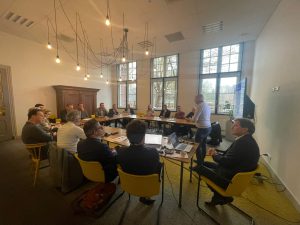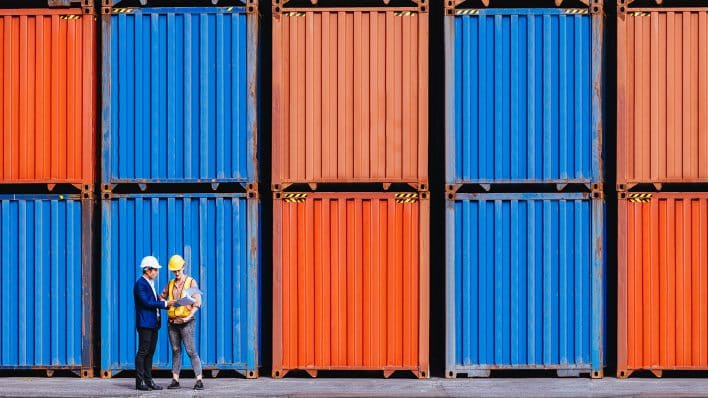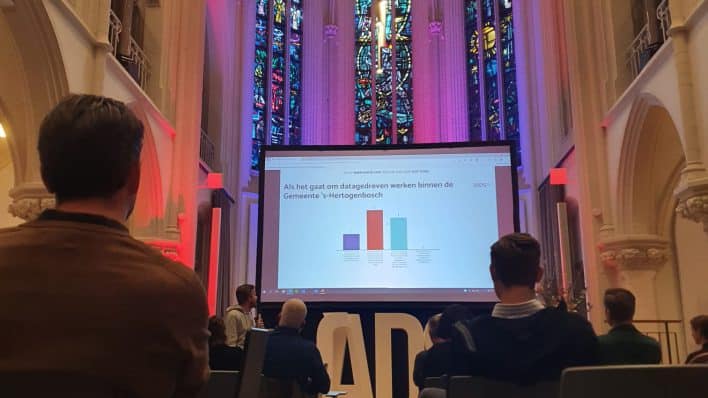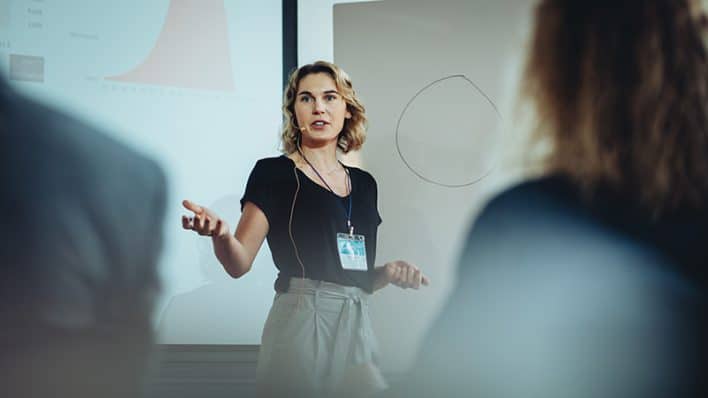LOKET Project: Smoothing the way for greener cities
Posted on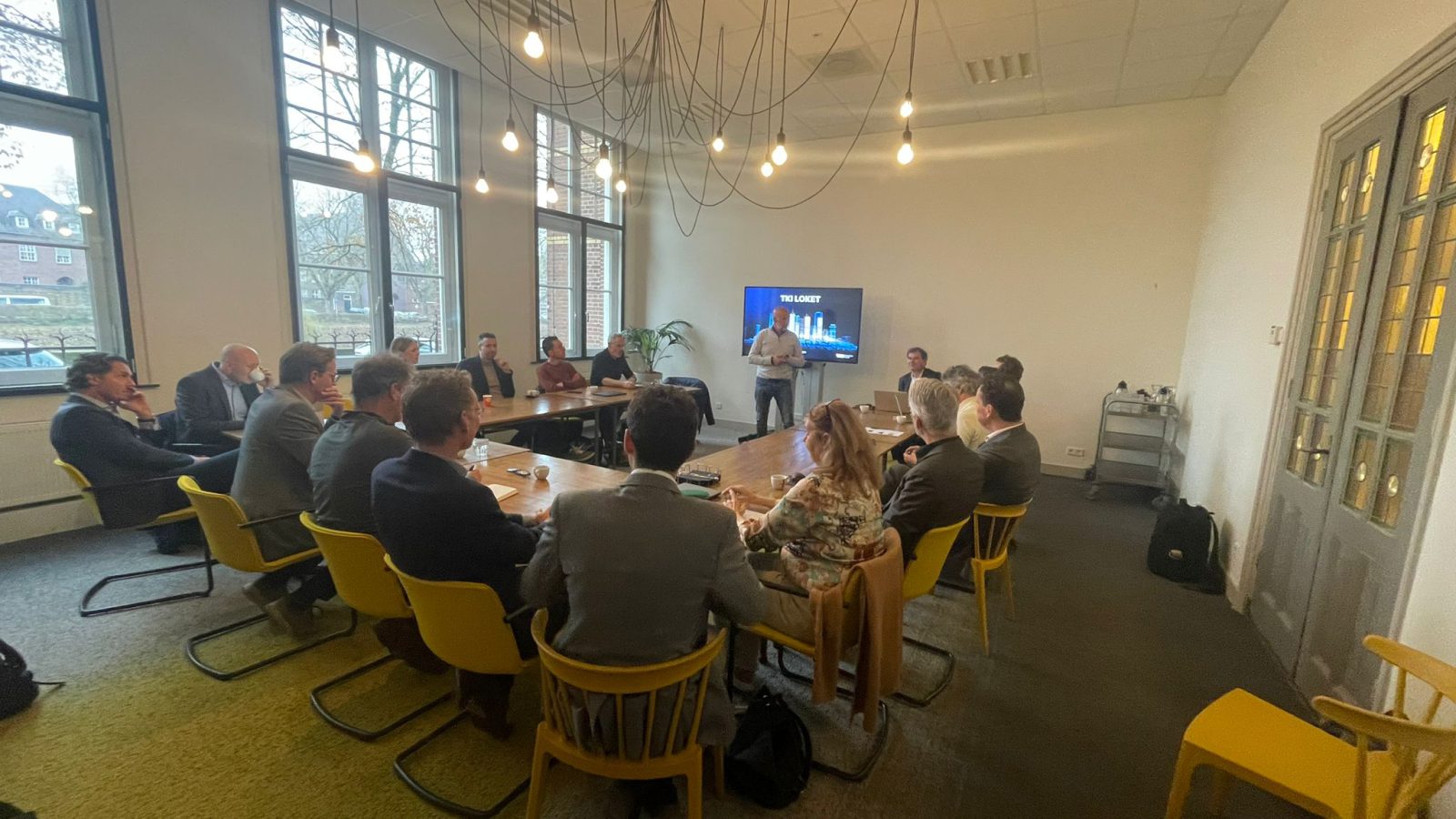
On December 7, the LOKET project (“LOgistieke KETenregie voor binnenstedelijk bouwen” or “Logistic Chain Coordination for Urban Construction”) officially started during the kick-off at the Jheronimus Academy of Data Science. This project aims to tackle important challenges in Dutch construction, especially in making city construction more eco-friendly. In a joint effort involving TNO, UT, JADS, HU, industry partners, and government bodies, the project seeks practical solutions for urban construction logistics.
Challenges in urban construction logistics
As the demand for sustainable housing grows, the Netherlands faces hurdles in efficiently managing construction logistics. Although solutions like construction hubs have worked well, their widespread use is limited due to coordination issues and a lack of digitalization in the construction process. This is even trickier in tight-spaced inner-city construction projects.
Collaborative approach to overcoming challenges
To address these challenges, TNO, UT, JADS, and HU are teaming up with industry partners to create Digital Twins based on open standards that can introduce and speed up the adoption of new construction logistics methods, with a focus on better coordination.
Focus on Chain Coordination
The LOKET project highlights the importance of coordination, using digital tools like Building Information Modeling (BIM) and digital twins to improve planning and simulation in construction logistics through data analysis. The project includes three cases related to actual inner-city construction and development projects: Utrecht Cartesius Quarter, Den Bosch Innovation Quarter and Eindhoven Strijp.
Objectives of the 3-Year project
Over the next three years, the project has specific goals:
- Understand the Role of Digital Twins: Figure out how digital twins can provide essential information for better coordination.
- Sustainability and Environmental Impact: Evaluate how digital tools and coordination efforts contribute to sustainability and environmental goals, such as reducing emissions in urban environments.
- Standards and Scaling: Explore how standards can help expand the use of digital tools and coordination methods in construction logistics.
Partner organizations
The collaborative effort involves a mix of partners including TNO, JADS, Universiteit Twente (UT), BMN, Hogeschool Utrecht, Gemeente Utrecht, Gemeente Den Bosch, Microsoft, Kadaster, Transport en Logistiek Nederland (TLN), Bouwend Nederland, Provincie Utrecht, VolkerWessels Materieel & Logistiek, en TiQiT B.V. Together, they aim to simplify and improve the processes of urban construction logistics, promoting innovation and sustainability in the construction industry.
